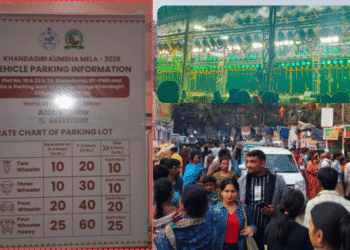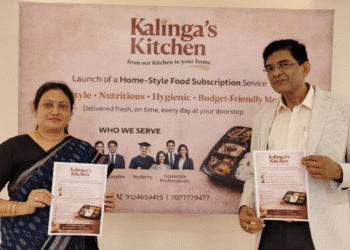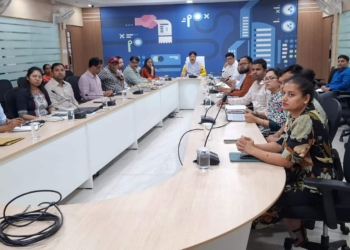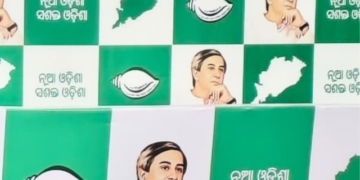The Odisha Judicial Academy in Cuttack became a hub of critical dialogue as the Juvenile Justice Committee of the High Court of Orissa, in collaboration with the Department of Women and Child Development, Government of Odisha, and UNICEF, hosted a State-Level Juvenile Justice Consultation titled “Safeguarding the Girl Child: Towards a Safer and Enabling Environment for Her in India.”
The Chief Justice of the Orissa High Court, Harish Tandon, inaugurated the event. He underscored the urgent need for robust institutional mechanisms and community-driven efforts to shield girls from violence, child marriage, and exploitation. Drawing from personal experiences, he analysed key provisions of The Prohibition of Child Marriage Act, 2006, and The Juvenile Justice (Care and Protection of Children) Act, 2015, expressing optimism that the consultation’s technical sessions would yield actionable solutions to create a safer environment for girls.
Justice Savitri Ratho, Chairperson of the Juvenile Justice Committee, delivered a compelling welcome address, framing the protection of the girl child as a promise to the future. “When a girl is safe, empowered, and truly free, the world knows real progress,” she stated, emphasising the need for unified efforts to ensure girls’ access to education, healthcare, and equal opportunities.
The consultation also saw the unveiling of the 2025 edition of *Sishu Surakhya*, the Juvenile Justice Committee’s newsletter, by Chief Justice Tandon. Justice A.K. Mohapatra, Editor-in-Chief of the newsletter, highlighted its inception in 2017 and its role in advancing child protection discourse.
Monisha Benerjee, Director of the Department of Women and Child Development, delivered a stark reminder of the stakes involved. “Every statistic of child marriage, school dropouts, and trafficking shows a system that devalues the girl child,” she said, calling for a societal transformation to uphold justice and dignity for every girl.
William Hanlon, Jr., Chief of UNICEF Odisha’s Field Office, described violence against children as a public health crisis and a violation of human rights. He advocated for stronger laws, increased awareness, and cross-sector collaboration to ensure a future where every child can thrive.
The event brought together an array of stakeholders, including High Court judges, judicial officers, law enforcement authorities, child rights experts, and representatives from departments like School & Mass Education, Health & Family Welfare, and Odisha Police. These officials shared their initiatives and pledged enhanced coordination to bolster child protection frameworks.
Justice M.S. Raman closed the event with a vote of thanks, reinforcing the call for collective action. The consultation concluded with a unified commitment to forging stronger partnerships and creating a safer, more enabling environment for every girl child in Odisha.






























